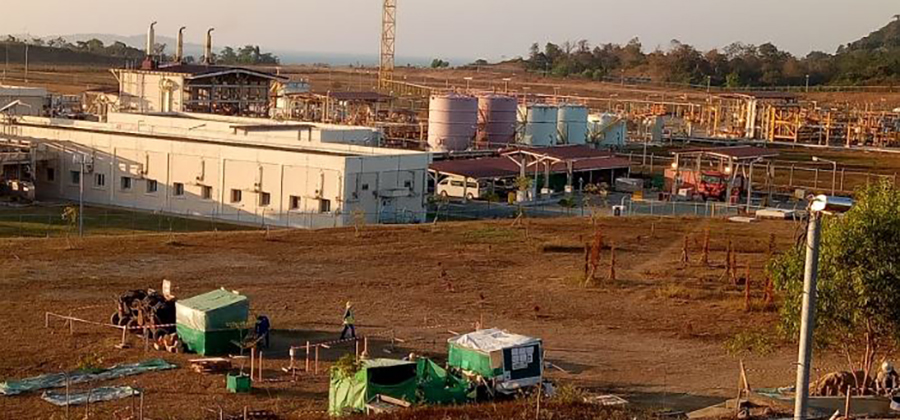Myanmar authorities wary of Chinese loans to complete the Kyaukphyu SEZ despite deciding to start on a smaller scale and to expand based strictly on demand
21 Aug 2018
YANGON — Myanmar will endeavor to take on no loans from China to complete the Kyaukphyu Special Economic Zone (SEZ) but would offer the developer no sovereign guarantees to mitigate risk if it does, said the project’s new chairman, seeking to allay fears of a debt trap.
Sean Turnell, an economic adviser to State Counselor Daw Aung San Suu Kyi, has called the expense of the $7.5-billion project “crazy” and “absurd” and warned of a repeat of Sri Lanka’s experience.
The government of Sri Lanka borrowed heavily from China to build the $1-billion Hambantota port but was unable to repay the loans. As a result, it gave China a 99-year lease to the facility in exchange for debt relief. Turnell told a seminar in Singapore in May that Myanmar would have to borrow between $2 billion and $3 billion from the Export-Import Bank of China to make its own port project happen.
In an interview with Reuters on Monday, the head of the US Overseas Private Investment Corporation, Ray Washburne, also warned that China’s Belt and Road Initiative was creating a debt trap for many poor nations.
According to the initial master plan, the Kyaukphyu SEZ, in Rakhine State, will cover a total 520 hectares — 20 for the port, 100 for housing, and 400 for an industrial park. It allocates 50 percent of the land to fisheries, 30 percent to garment factories and the rest to other small enterprises.
U Set Aung, the new chairman of the SEZ’s management committee, told The Irrawaddy on Monday that the government has decided to start on a smaller scale and to expand based strictly on demand.
“Hence, the project will not [make] the Myanmar government bear the debt burden,” he said.
The China International Trust and Investment Corporation (CITIC) won the bid to develop the SEZ in 2015. The shareholders agreement struck under then-President Thein Sein gives China an 85 percent stake in the project and Myanmar the rest.
The government that replaced his, led by the National League for Democracy, has been trying to double Myanmar’s stake to 30 percent.
Myanmar’s new planning and finance minister, U Soe Win, told the Nikkei Asian Review in a recent interview that Myanmar also wants to reduce the overall size of the project and eliminate unnecessary expenses.
U Set Aung told The Irrawaddy that the negotiations with CITIC have been “positive” but provided no details.
State-run media have reported that the results of the negotiations would be announced soon.
Many of the SEZ’s critics have advised the government to be cautious and to formulate a strategic plan before the suspended project resumes. Public fears of a debt trap with China have also pushed the government to seek a third party investor such as Japan.
Started in 2013, the Belt and Road Initiative is Chinese President Xi Jinping’s signature foreign policy project. It aims to connect China and Europe via new and expanded land and sea routes, and many see Myanmar as a key piece of the puzzle, linking South and Southeast Asia and China’s landlocked Yunnan Province to the Indian Ocean.
(The Irrawaddy: https://www.irrawaddy.com/business/new-chair-of-kyaukphyu-sez-wary-of-chinese-loans.html )











